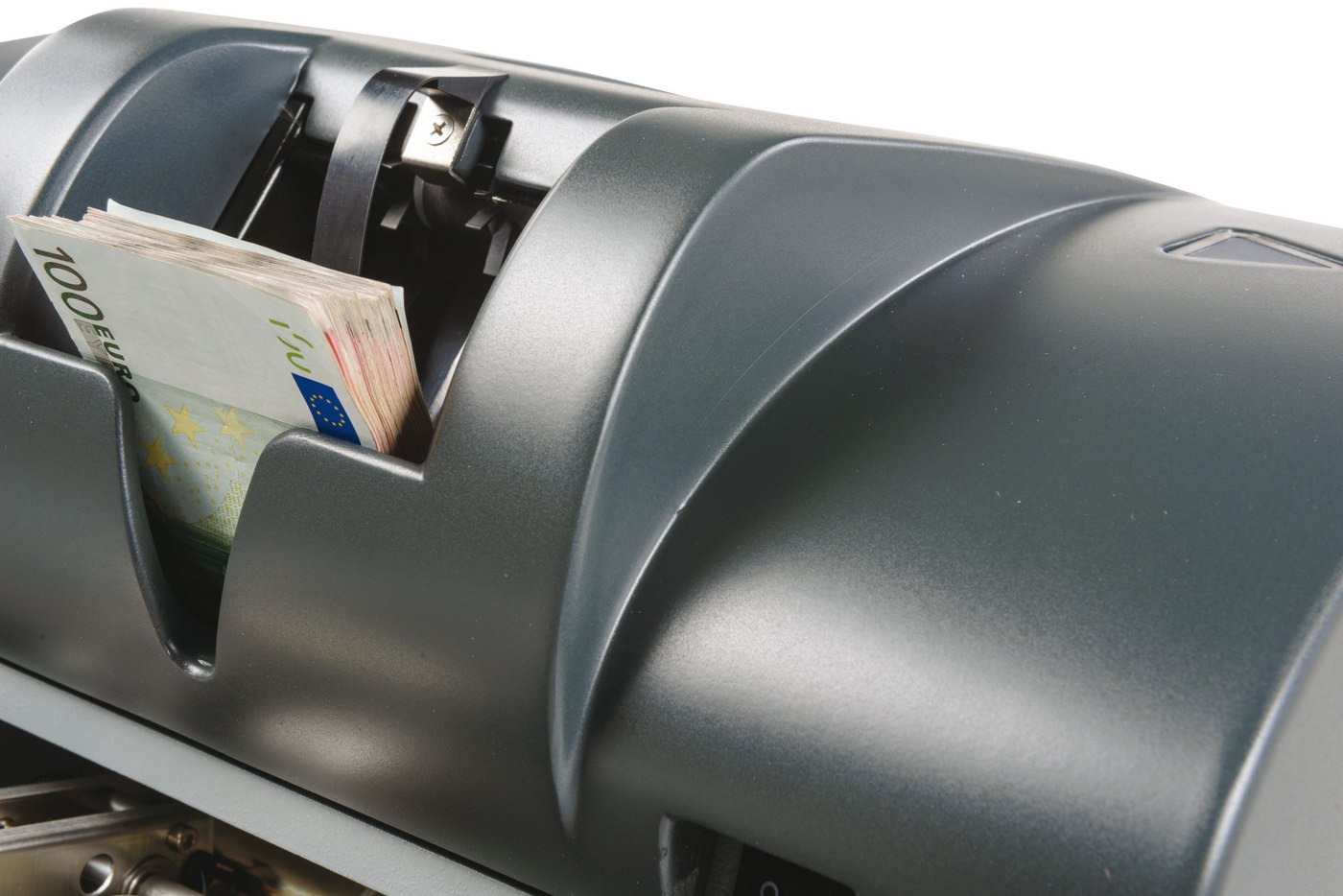How Does a Cash Recycler (TCR) Help My Teller Line Operate Better
The primary challenges of the teller line revolve around handling transactions that involve cash while still maintaining focus on the customer and...
2 min read
 Sean Farrell
:
Feb 1, 2016 9:00:00 AM
Sean Farrell
:
Feb 1, 2016 9:00:00 AM


All tellers, no matter how wonderful or trustworthy they may be, are subject to stresses outside the workplace that can cloud judgment and cause them to make bad choices at work. The concept of dual control not only protects a FI's assets, but also lessens liability on the teller’s part since they would have to persuade a fellow employee to participate in an illegal act. Most employees have been with each other for a long time and therefore establish a trust between each other and internal controls can sometimes get overlooked.
Establishing a strong internal control structure even in the midst of a trusting community is paramount to keeping a bank strong and its employees trustworthy. There are several dual control or joint custody items that can be eased by implementing cash automation into the workplace.
There is no doubt that dual control is a good practice but sometimes it leaves a bank in an awkward position with customers feeling the impact when staffing is at a minimum. Two tellers leaving the service line to verify a shipment or count the ATM cash replenishment usually leaves one or two tellers to take care of customer needs.
And sometimes there are locations where volume only justifies two tellers, which can exacerbate dual control challenges. By implementing cash automation, specifically cash recyclers, the dual control burden is dramatically reduced. Vault buys and sells all but disappear and if the location is open on Saturday main vault access is typically not required. Many of our clients struggle with vacation time and transferring “ownership” of the vault. Implementing a cash recycler eliminates the need to manually count the vault in order to transfer ownership. The recycler acts as the active vault and transferring ownership becomes instantaneous. Another issue is having non-teller staff participate in dual control when the branch opens when a teller is on vacation. The recycler steps in and acts as the second control, eliminating the need for that person to be present for the branch to open.
When utilizing cash recyclers, teller out of balance situations rarely happen. Our clients also find that they get their head teller back to focus on serving clients instead of managing cash for the line. With a large supply of cash in the recycler, teller-to-teller and teller-to-vault dual control transactions are all but eliminated. And since the recycler provides an audit trail, it allows one teller to process commercial deposits and night drop bags. In addition to alleviating dual control, the cash recycler dramatically speeds up the processing of cash for all transactions coming in and going out.
Cash automation tools like the recycler can’t address every dual control item within an FI, but they can eliminate several crucial issues while increasing efficiency within the branch. To learn more about the benefits of implementing cash automation, read our article on improving branch operations with cash recyclers.

The primary challenges of the teller line revolve around handling transactions that involve cash while still maintaining focus on the customer and...

One of the most common challenges our financial clients face is the workload of the head teller, teller supervisor or vault teller. The individuals...

A cash recycler is an amazing wonder of technology, even to those of us in the business. I am reminded when I am on-site for installs, when those...